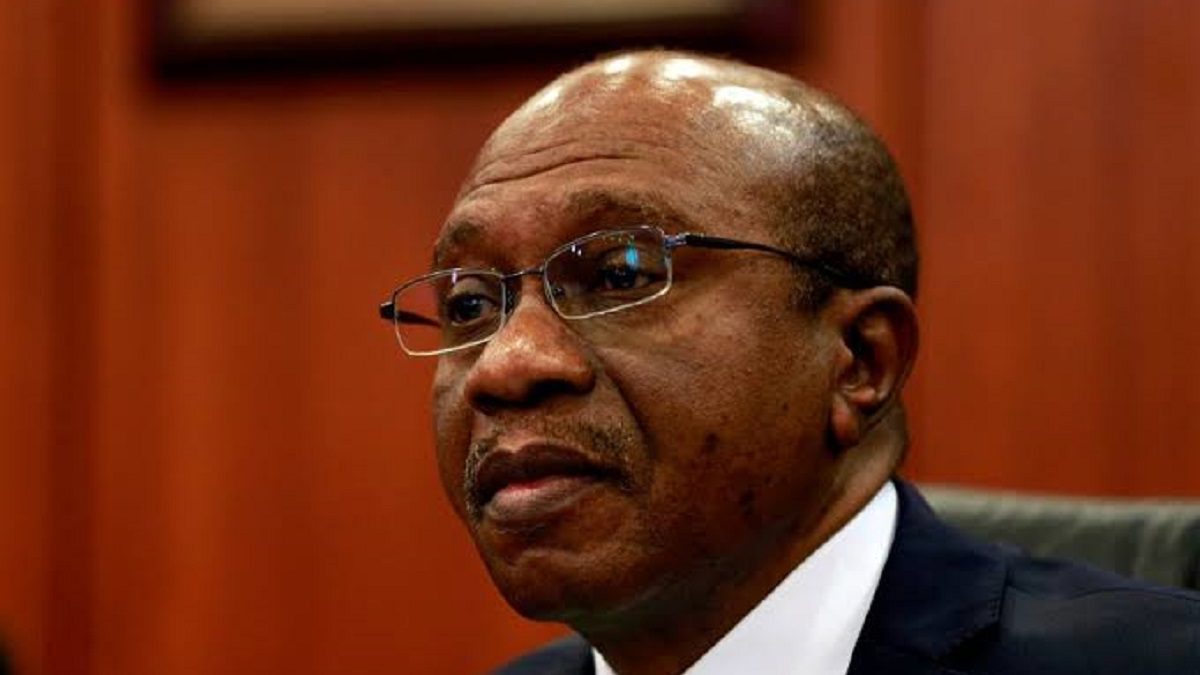Government lawyers have said they secured an order from the lower magistrate court to hold Emefiele longer as investigations continue.
Nigeria’s High Court ordered the country’s State Security Service (SSS) on Thursday to release detained and suspended Central Bank Governor Godwin Emefiele or charge him within a week.
Emefiele, who made an unprecedented run for the Nigerian presidency last year, was suspended by new President Bola Tinubu on June 9 and has been held in detention by the SSS since June 10.
Papers filed by government lawyers showed that Emefiele is facing criminal charges including misappropriation of funds, meaning he could face long jail terms if convicted. But he has not been formally charged or appeared in court since his arrest.
“The applicant [Emefiele] should be charged [in] court within one week from the date of this ruling or he should be released,” Judge Hamza Muazu said in a ruling on Thursday.
The judge said the offences, which also include criminal breach of trust, incitement of violence and economic sabotage, are bailable and that the SSS investigation can not be endless.
Emefiele and his lawyers have appealed against his detention, but have not publicly commented on the accusations.
President Tinubu ordered the suspension less than two weeks after coming into office. Soon after, the Central Bank of Nigeria lifted restrictions on foreign currency trading that had been introduced by Emefiele.
The removal of curbs, part of the new president’s push to reform the Central Bank, delighted investors.
The Constitution of Nigeria says accused people cannot be detained for more than 48 hours without appearing in court.
Government lawyers have said they secured an order from the lower magistrate court to hold Emefiele longer as investigations continue.
Appointed by former President Muhammadu Buhari for a second five-year term in 2019, Emefiele was due to retire next year. He was the second-longest-serving governor of the Central Bank of Nigeria and oversaw the biggest economic downturn of Africa’s largest economy.
He is widely believed to have followed Buhari’s desire to support a strong currency, which he viewed as a matter of national pride.
Source: AL JAZEERA AND NEWS AGENCIES






